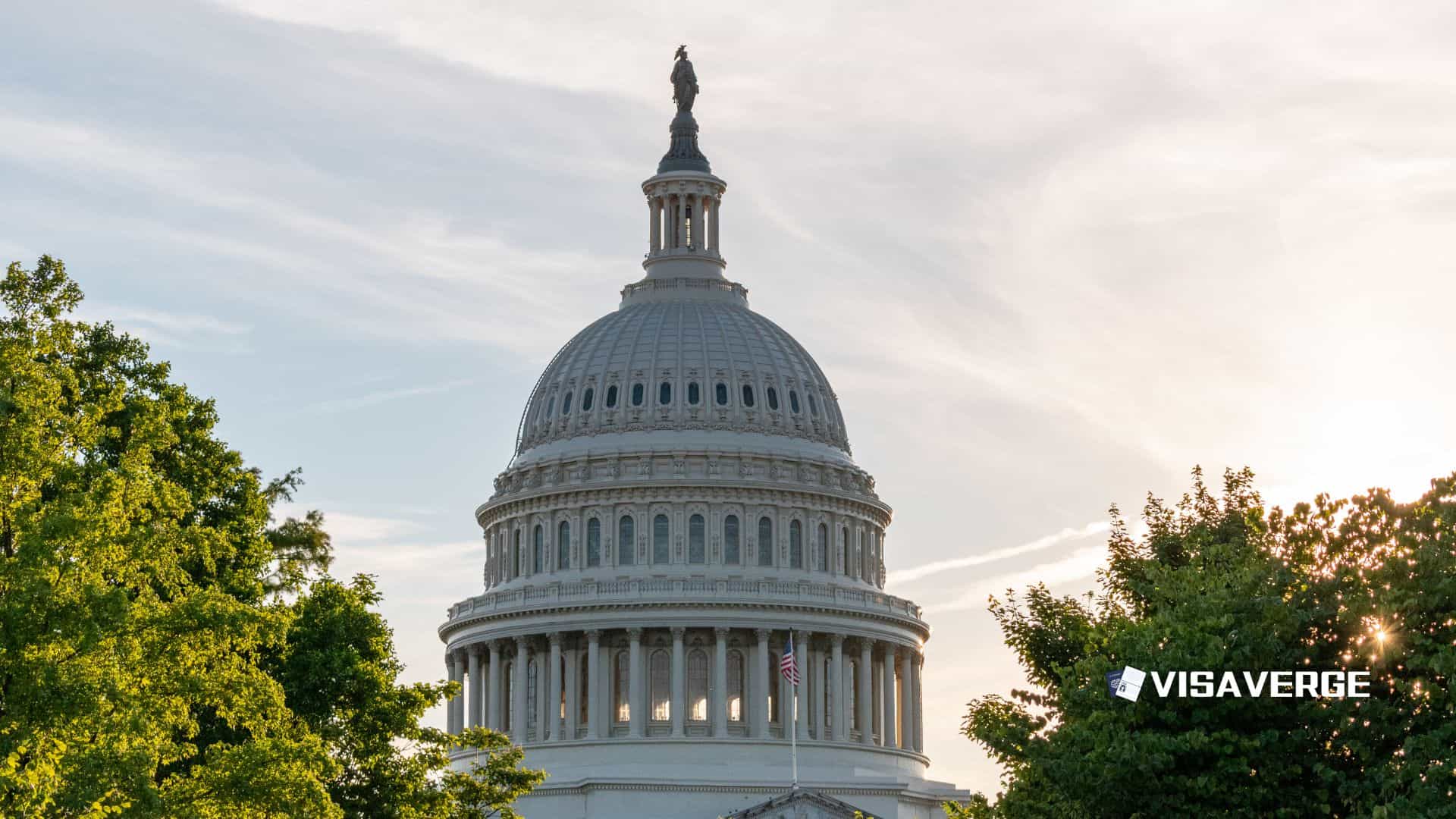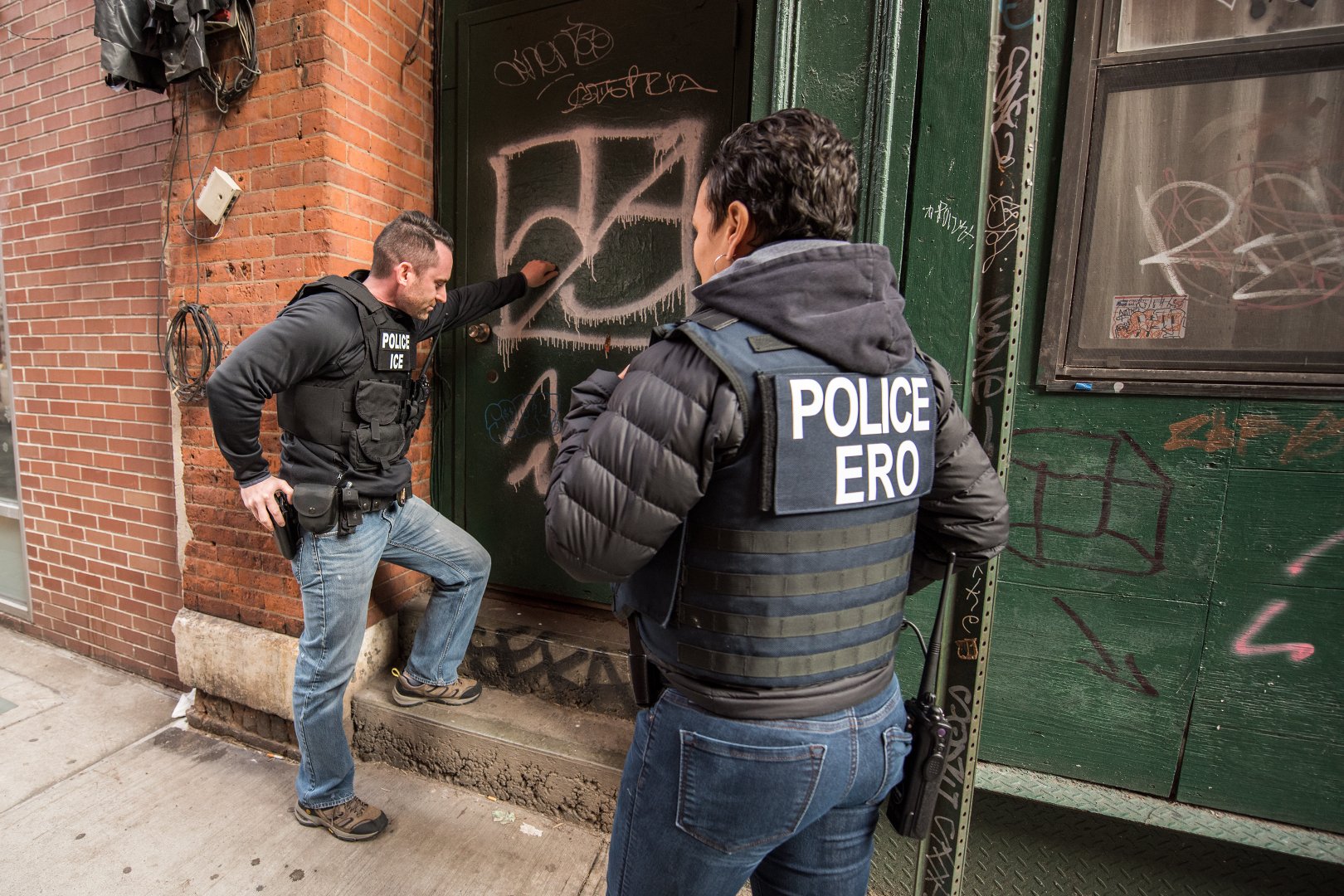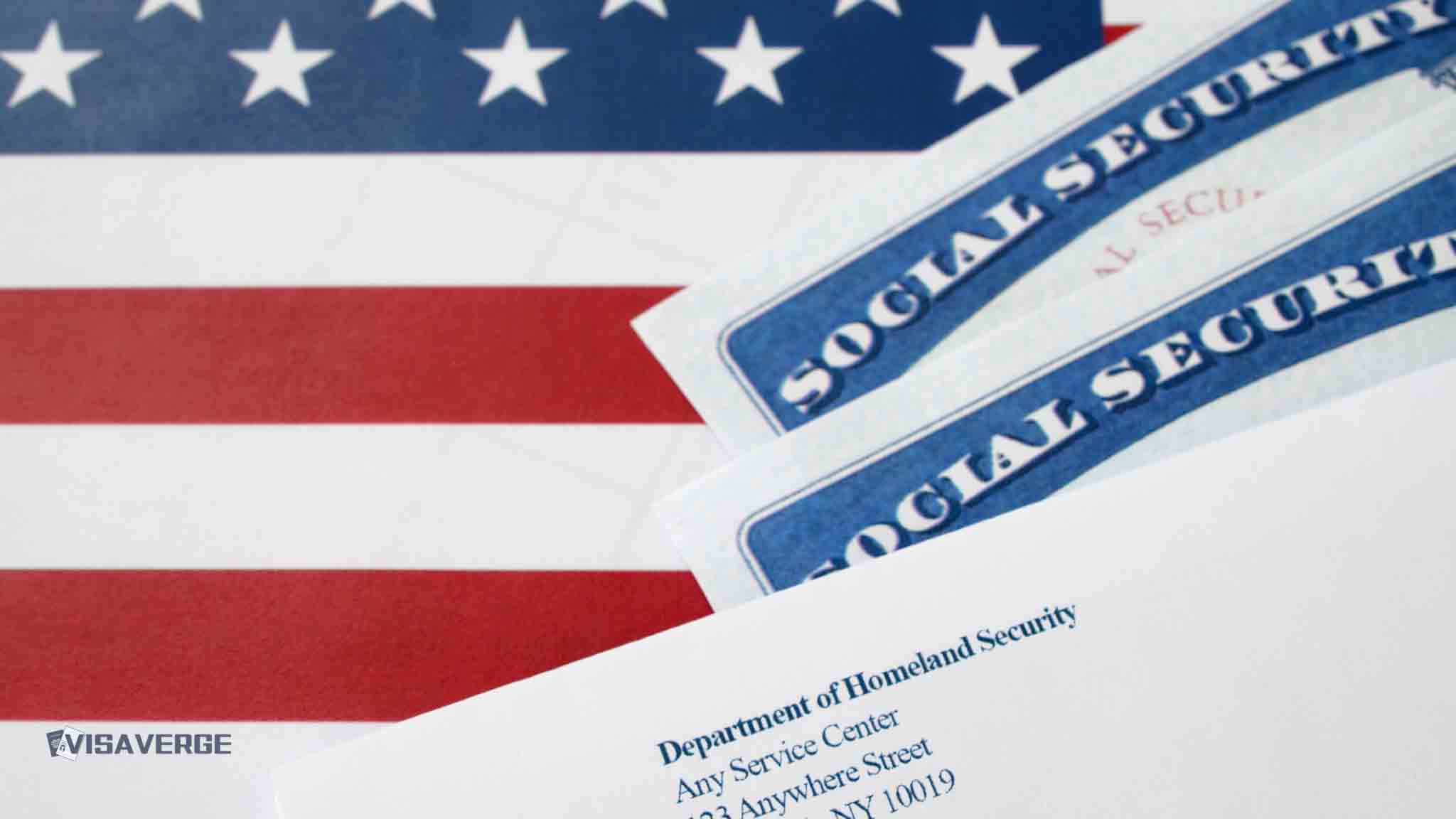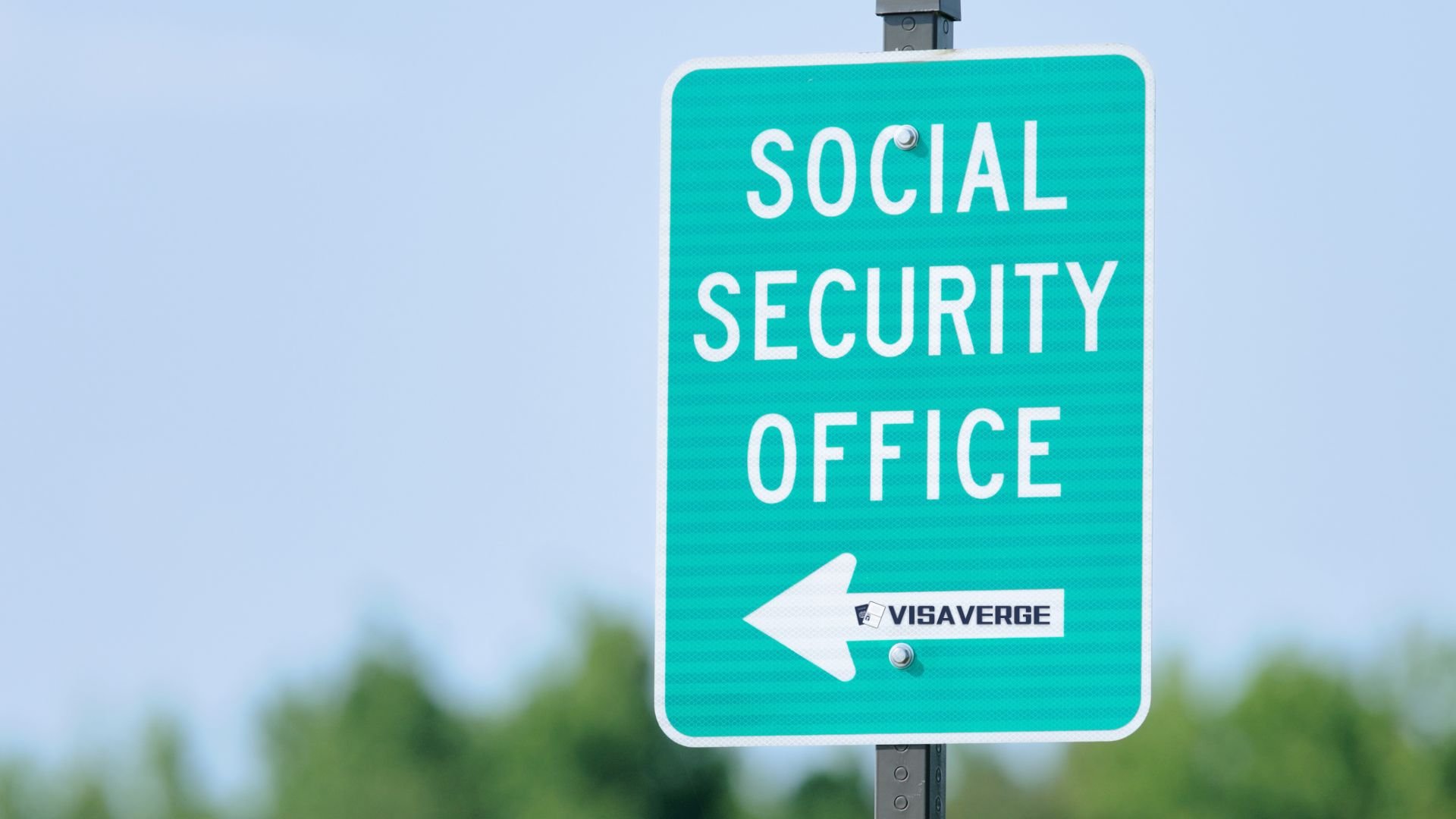Key Takeaways
• Green card processing for asylees nationwide stopped abruptly by 2025 federal order; no timeline for resumption.
• Proposed new fees add $1,000 for asylum filing, $100 annually, and $1,500 for status adjustment applications.
• Denver’s Asylum Seeker Program is ending in 2025, leaving fewer local support resources for affected Coloradans.
Coloradans who have asylum status are living with growing uncertainty these days, as new federal actions in 2025 have made the path to a green card much harder. This year, big changes at the federal level have left many in the Colorado asylum community unsure about their next steps. The situation has become even more tense as delays and new rules pile up, making it much harder for people to plan for their future or settle down in the United States 🇺🇸.
Let’s take a closer look at what’s been happening, why these changes are so important, and how they are affecting the daily lives of asylum seekers and their families in Colorado.

What Are the New Federal Changes and Who Do They Affect?
In January 2025, the Trump administration made a major change that has put hundreds—if not thousands—of Coloradans with asylum status in a tough spot. The new federal rule, announced by Executive Order on January 20, ordered all agencies to use stronger checks and deeper investigation of applications for permanent residency—commonly called “green cards.”
The effect was quick and strong: the government stopped processing all green card applications filed by people with asylum status or refugee status. This wasn’t planned far in advance; it happened suddenly, and many people were waiting in line for their own applications to be checked. Now, those people can’t move forward.
This isn’t only happening to Coloradans. It is a nationwide rule, but local community members and advocates in Colorado say it is hurting the area in a unique way. For Coloradans with asylum status who have lived in the region for years, worked hard, and started to build a new life, things have suddenly changed.
How Does Asylum Status Usually Work?
To get a sense of why the new hold is such a big problem, it’s helpful to understand what asylum status actually means and what the normal path looks like.
Asylum status is given to people who have fled their home country because they are in danger—usually because of their race, religion, nationality, political views, or membership in a certain social group. When someone is approved for asylum in the United States 🇺🇸, it means our government agrees it isn’t safe for them to return home.
Once someone has asylum, they usually can:
- Live and work in the United States 🇺🇸
- Apply for certain types of aid and support
- After one year, apply for a green card, which means “permanent residency”
The green card process is very important, because it is a big step toward a more secure and stable life. Once you have a green card, you can later apply for citizenship, sponsor family members, and feel fully safe from being sent back home.
Long Wait Times, Then a Sudden Stop
Getting a green card through asylum has not been fast in recent years. Government data from the U.S. Citizenship and Immigration Services (USCIS) shows that even before this year, most people had to wait 14 to 15½ months—more than a year—after applying for their green card. That was just to have their request approved in most cases.
With the new administration order in 2025, all green card processing for asylees and refugees simply stopped. That means people who started the process more than a year ago, or just last month, are all facing the same problem: they are stuck.
As reported by VisaVerge.com, this sudden stop is creating a bigger backlog. “Backlog” just means more and more cases are waiting in line. When the government eventually starts processing again, the line will be even longer. Nobody can say when the process will move forward, or how long people will keep waiting.
Why Is This So Hard for Coloradans?
Colorado’s asylum community is strongly affected because many people here have been through the toughest parts of the asylum process already. They have been granted safety and started new lives. They have jobs, children in school, and friends and neighbors cheering them on. The green card has always been the next step in making that new life permanent.
Usually, after holding asylum status for one year, a person can apply for a green card under normal rules. The current suspension—caused by the federal order—now blocks this path indefinitely.
This change creates a lot of stress. People who have done everything right and followed all the steps now find they cannot make their U.S. status more secure. They watch the calendar, unsure if another rule change could force more delays or even reverse their gains.
Denver’s Asylum Seeker Program: A Safety Net Shrinking
Beyond the federal government’s actions, support at the city level is also changing. For several years, Denver’s Asylum Seeker Program (DASP) played an important role for Coloradans with asylum status. The program provided key support during the months while asylum seekers waited to receive work authorization from the federal government.
The DASP program offered:
- Six months of free housing
- Basic food support
- Training and help finding jobs
But now, city officials say the program will not continue “as it exists today” in 2025. They say the number of new arrivals has dropped, so the need for the program seems less urgent. For those still in the program or waiting for services, this is another worry added to an already long list.
New Fees Threaten to Make the Situation Worse
On top of the delays and changes to community support, a new set of fees is being proposed that would add hundreds or even thousands of dollars to the cost of seeking safety in the United States 🇺🇸.
Here’s what the proposed law would charge:
- $1,000 fee just to file an asylum request or an application for parole (a special permission to stay)
- $100 yearly fee for as long as the asylum case is being reviewed and hasn’t been decided yet
- $1,500 fee to apply for adjustment of status (this is the green card process for asylum seekers)
For Coloradans already antsy about long waits and possible rule changes, these new costs could be more than they can afford. Many people seeking asylum have limited funds, especially since the path to a work permit is already slow and full of roadblocks.
Attorneys and advocates warn that some people might have to decide between basic needs (like food or rent) and these new fees. The cost might keep entire families stuck in limbo, unable to move forward with their lives.
Enhanced Vetting: What Does It Mean, and Who Does It Affect?
The administration says the main reason for all these changes and holds is security. In simple words, they want to check that more people do not pose any risk to the United States 🇺🇸.
In 2025, the government rolled out what it calls “enhanced vetting rules.” This means all applications are examined even more closely. The Department of Homeland Security said in February this year that there is an “administrative hold” on a wide range of applications—meaning no progress is being made—while they look for fraud, public-safety risks, or other security problems.
Immigration attorneys note that these tougher background checks especially hit applicants from certain countries harder than others, but no location is totally spared. For Coloradans with roots across the globe, this can feel like a cloud hanging over their heads.
The Real-Life Impact for Coloradans
All together, these federal actions have created a sense of “limbo” for many people with asylum status in Colorado. “Limbo” just means being stuck, unsure what will happen next.
People are sharing these common worries:
- “Will I lose my job or not be able to renew my work permit?”
- “Can I bring my family here, or will they have to stay in danger?”
- “Is it safe to make plans for the future in the United States 🇺🇸 if rules can change so suddenly?”
Advocates in Colorado say the constant changes, delays, holds, and proposed fees make it hard for people to trust the process or feel settled. Even the most hopeful Coloradans with asylum status now have to wait much longer for the safety they once felt was within reach.
Why Are These Changes Happening Now?
The new rules, enhanced vetting, and proposed fees are all presented as ways to address security concerns at the federal level. The administration says more checks are needed to prevent fraud and stop people who might pose risks.
But there are other viewpoints, too. Many advocates, lawyers, and local leaders argue that these new processes are making it much harder for people who have already been found to be in danger back home. They say the added barriers and fees just create more suffering for people who want to live safely and work in the United States 🇺🇸.
According to the U.S. Citizenship and Immigration Services, asylum rules and eligibility requirements remain clear, but the path to a better life is now much less certain due to these recent changes.
What Could Happen Next?
Right now, nobody knows for sure how long the government will keep the green card process on hold for Coloradans with asylum status. Most agree that whenever processing starts again, the wait times will be much longer because of the growing backlog. There is also the issue of new fees, which could pass at any time and make applying—and staying—in the system much more expensive.
For many, the question is: how can you plan for your family and future when the rules seem to shift so quickly?
Here are some possible steps for affected Coloradans:
- Stay in close contact with a trusted immigration attorney or local advocacy group for up-to-date news
- Keep copies of all documents related to asylum status and any applications you have filed already
- Look for updates on the official USCIS asylum page to understand your rights and the latest government processes
What Does It All Mean for the Community?
The short answer: these changes mean more worry, longer waits, and bigger costs for Coloradans in the asylum system. Trust in the process is at an all-time low. The hope that hard work and following the rules would lead to a safe life in the United States 🇺🇸 has been shaken.
But while the federal government’s actions have made things more uncertain, local support networks and communities across Colorado continue to try and help. If you are going through the asylum system or helping someone who is, now is the time to be extra aware of new changes and get advice from reliable sources.
Summary: The Uncertain Road Ahead
People who have been granted asylum in Colorado knew the road to safety and security would be long. They did not expect even more delays right now. With green card applications on hold, new fees proposed, city support programs changing, and tougher vetting, it’s a tough time for anyone trying to turn hope into reality.
The most important thing for Coloradans with asylum status is to stay informed and stay connected. While the road to a green card process has never been easy, now more than ever it requires patience, planning, and support from the community.
For more information and resources, you can visit the official USCIS asylum page, which offers details about current rules, forms, and steps to take. And as VisaVerge.com’s investigation reveals, staying alert to new changes and keeping your documents up to date will help give you the best chance at finding permanent security in the United States 🇺🇸.
Learn Today
Asylum Status → Legal protection for individuals fleeing danger in their home country, allowing them to live and work in the U.S.
Green Card → A document granting legal permanent residency in the U.S., allowing long-term living and pathway to citizenship.
Enhanced Vetting → Stricter background checks and investigations on immigration applications to identify security or fraud risks.
Administrative Hold → A temporary suspension preventing applications or processes from moving forward until officially lifted.
Adjustment of Status → The process by which eligible noncitizens apply to become lawful permanent residents while in the U.S.
This Article in a Nutshell
Federal changes in 2025 have left Coloradans with asylum status in limbo, as green card processing halts and new fees mount. With Denver’s support program shrinking, uncertainty and costs climb. Advocates urge staying informed and connected as the path to permanent residency becomes harder, slower, and far more unpredictable.
— By VisaVerge.com
Read more:
• Asylum seeker loses right to stay in UK after marrying a woman
• Humanitarian Crisis Deepens as Poland Slams Asylum Shut
• Afghan Asylum Seekers Lose Protected Status as Afrikaners Welcomed to US
• European Union Unveils Drastic Asylum Seeker Deportation Shift
• Western Cape High Court rules asylum seekers’ detention unconstitutional













